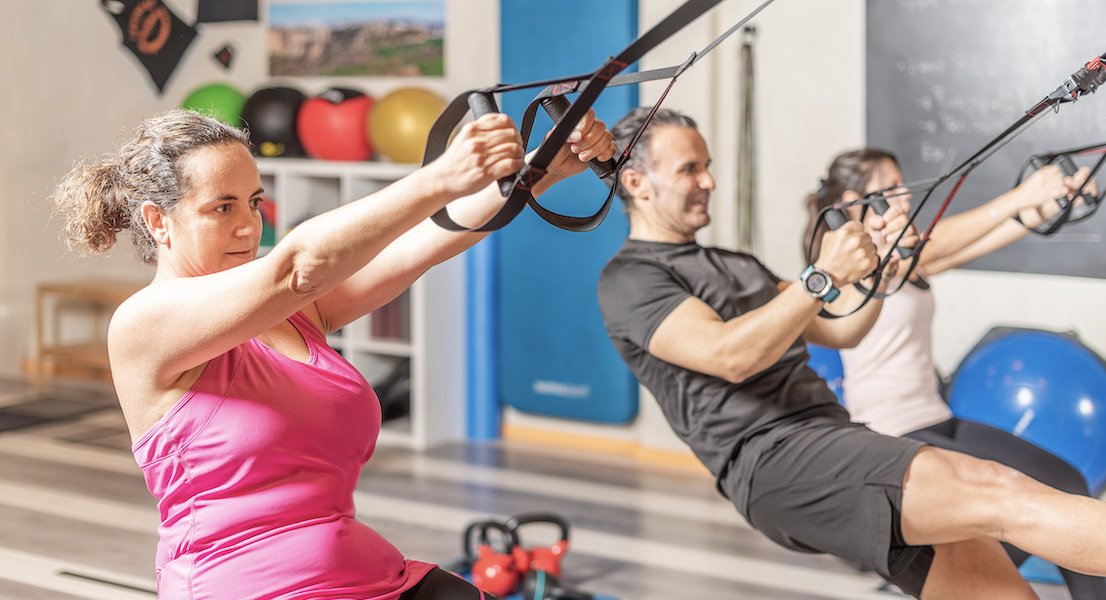Embracing an athletic lifestyle at any age brings about numerous benefits, but for women over 50, there are unique challenges and considerations to address. After speaking to several top-level female hybrid athletes over 50, I realized that we are in a unique situation. We are nothing like our grandmother or even our mother at our age. We are blazing a new road of competition, yet our challenges are more than physical. I originally wanted to delve into how hormonal changes, recovery rates, and overall health impact the athletic journey for women in this age group but found out there is another challenge that needs mention as well. That is the stigma of being “OLD”. So let’s talk about that first because it is something that needs to be addressed across hybrid events.
Recognition for Effort:
Some hybrid events automatically bump you out of Pro Division for being over a certain age. Although the number of Pro Division eligible athletes over 60+ are few and far between, they have been stripped of their ability to compete based only on age. As one athlete put it…” I trained my butt off for 4 years to win Pro Division and get bumped down to Open. I feel if we want to race in Pro, we should be able to…we train hard for it…let us compete!”
Another Master athlete felt similar in saying “you don’t really get the same recognition or respect, like your time to shine has come and gone.” She also pointed out that “in road races and track distances you can put your age into an age grade calculator that is based as a percentage of world record time…you can put ages of some of the top older people versus the younger “winners” and see that sometimes the older athlete was actually better, even though they didn’t “win”.
Another wrote “I think people see us and immediately discount our abilities because we are older. I have had many instances where young folks try to give me advice at the start line. I beat every one of them. EVERY. SINGLE. TIME.” “For awhile I felt self-conscious [because of age] but there came a point where I started looking around and seeing how many of us are out there turning out really good performances, and since I found ‘our crowd’, I am much more confident.”
As athletes age in this growing hybrid arena, there will be a need to reevaluate abilities, standards, and rules. As one athlete said “It’s like…hey, isn’t that cute…Granny doing a race. It’s almost insulting. We are athletes who train hard, if not harder because of all the “other stuff’ we face.” For now, we will continue to lead the way for upcoming generations to challenge themselves to continue to perform at their best and set new records.
This brings us to the other real challenges and benefits of being an older female athlete.
Hormonal Changes:
For women over 50, hormonal changes such as menopause can have a significant impact on athletic performance. Fluctuating hormone levels may lead to symptoms like hot flashes, fatigue, and mood swings, affecting motivation, energy levels and mental state. Every athlete interviewed agreed that this can be the most frustrating part of training. Arthritis, joint pain/stiffness, loss of tendon elasticity and loss of muscle mass are some of the effects of decreased estrogen levels. Understanding these changes and working with healthcare professionals to manage symptoms can be key to maintaining a consistent training routine.
Recovery Rate:
As we age, our bodies may take longer to recover from intense workouts or injuries. It’s essential for athletes over 50 to prioritize recovery strategies such as proper nutrition, hydration, sleep, and rest days. This becomes challenging when lack of sleep is more the norm, stress is higher, and nutrition is thrown off due to hormonal weight gain. Incorporating activities like yoga, stretching, and foam rolling can help improve flexibility and reduce the risk of injury. Seeing a nutrition specializing in menopausal/post menopausal women is important to make sure you are getting the nutrients you need, especially calcium, vitamin D and protein.
Overall Health:
Besides the other signs of aging like loss of vision, bladder issues, loss of speed and VO2 max, every athlete agreed that staying fit, active and competitive has allowed them to continue to enjoy a fun active lifestyle and be ‘sturdier and more capable’ than majority of women over 50. It has also lessened the effects of menopause on the body and helped keep a heathier mindset.
Aging is part of life. How we age and what that looks like is a choice. Choosing to embrace our changing bodies and stay competitive in the process is not only challenging but deserves the same respect as any other athlete.
Special thanks to Jennifer Fisher, Cheryl Snow, Heidi Williams and the multiple anonymous responses


